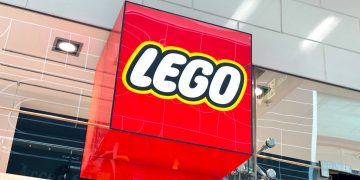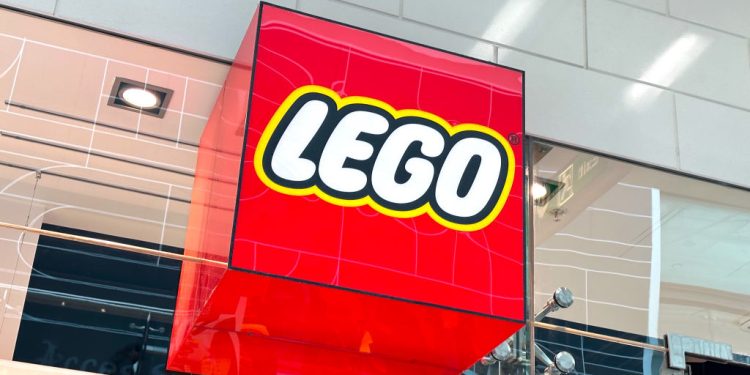Lego is one of my child’s favorite toys. And also my wife’s. And I also may or may not have a Lego Porsche 911 somewhere in my office. I won’t tell if you don’t.
The habit is a bit of a guilty pleasure for conservatives, however, since Lego tends to be — as so many European-based corporations in general do, and Scandinavian-based ones in particular — thoroughly bewoked.
However, when business and progressivism collide, what tends to get produced is an object lesson in reality. And so be it in the case of Lego, which — as you may have noticed — is made out of plastic.
Plastic, as you may have heard, is Very Bad™. That’s why drinking straws now fall apart before the job is done.
And that’s a problem for the Denmark-based plastic brick conglomerate: The bricks are made out of plastic, plastic requires oil, and oil is one of the Very Bad™ parts of plastic that needs to be replaced.
“Most Lego pieces are currently made from acrylonitrile butadiene styrene plastic,” The Wall Street Journal noted on Monday.
“The company has also been using a bioplastic made from sugar cane for several years to produce smaller, softer pieces such as trees, branches, leaves and accessories for its minifigures. This bioplastic, known as bio-PE, isn’t currently suitable for making harder, stronger elements such as its bricks though.”
So Lego tried making its bricks from corn, according to the Journal. Those were too soft. It tried wheat. Those bricks didn’t look right.
Other materials made the bricks too hard to pull apart. Still other materials lost their grip over time.
Finally, Lego thought it had hit upon the magic bullet — or brick, as it were: one made out of recycled plastic bottles made of polyethylene terephthalate (that’s “PET” to the cognoscenti).
What could possibly go wrong? It’s recycled, right? The oil has already been put into it. How could something that sounds so wonderful turn out not to be?
The Wall Street Journal: “Lego is scrapping plans to make its toy bricks from recycled plastic bottles after determining that switching to the material would result in it producing higher carbon emissions.”
Oh. Well, I suppose that’s one way, yes.
See, as it turns out, after announcing what the Journal described as “a high-profile effort launched just over two years ago” to make the company’s bricks out of recycled PET, someone decided to 1) finally run some numbers on whether this was actually “sustainable,” or (more likely) 2) someone decided to finally run some realistic numbers, as opposed to best-case scenarios, on the sustainability of recycled PET bricks.
“The company found a one-liter plastic PET bottle could produce around 10 of its classic 2×4-stud bricks. The company has been testing bricks made from the material for their quality, durability and ‘clutch power’ — the name Lego gives to the brick’s ability to lock together with other bricks,” the outlet reported.
“Lego said it is abandoning the effort because it found that scaling up production wouldn’t cut the company’s carbon emissions: The extra steps involved in production would use more energy and manufacturing facilities would require retooling.”
But don’t worry, Lego insists. Failures will continue until morale improves.
“We remain fully committed to making Lego bricks from sustainable materials by 2032,” said a Lego representative, according to the Journal.
“Recycled PET is one of hundreds of different sustainable materials we’ve tested.”
Thomas Edison reportedly once said, “I have not failed. I’ve just found 10,000 ways that won’t work.” Which sounds a bit like Lego’s conundrum. Except for the fact that it had long succeeded in its primary mission of making successful toys. Then it decided that was actually a failure, and is working on finding 10,000 ways to make it worse — including a recycled plastic brick that actually increased carbon emissions in the long run.
Only in our brave new green world. Nice work, everyone.
This article appeared originally on The Western Journal.


























 Continue with Google
Continue with Google